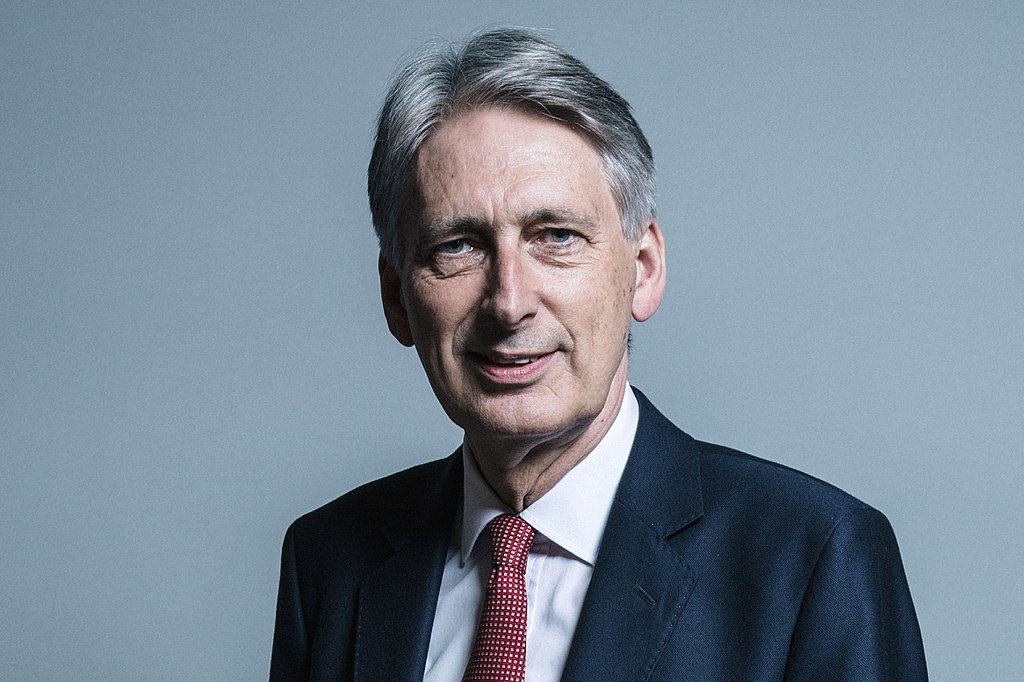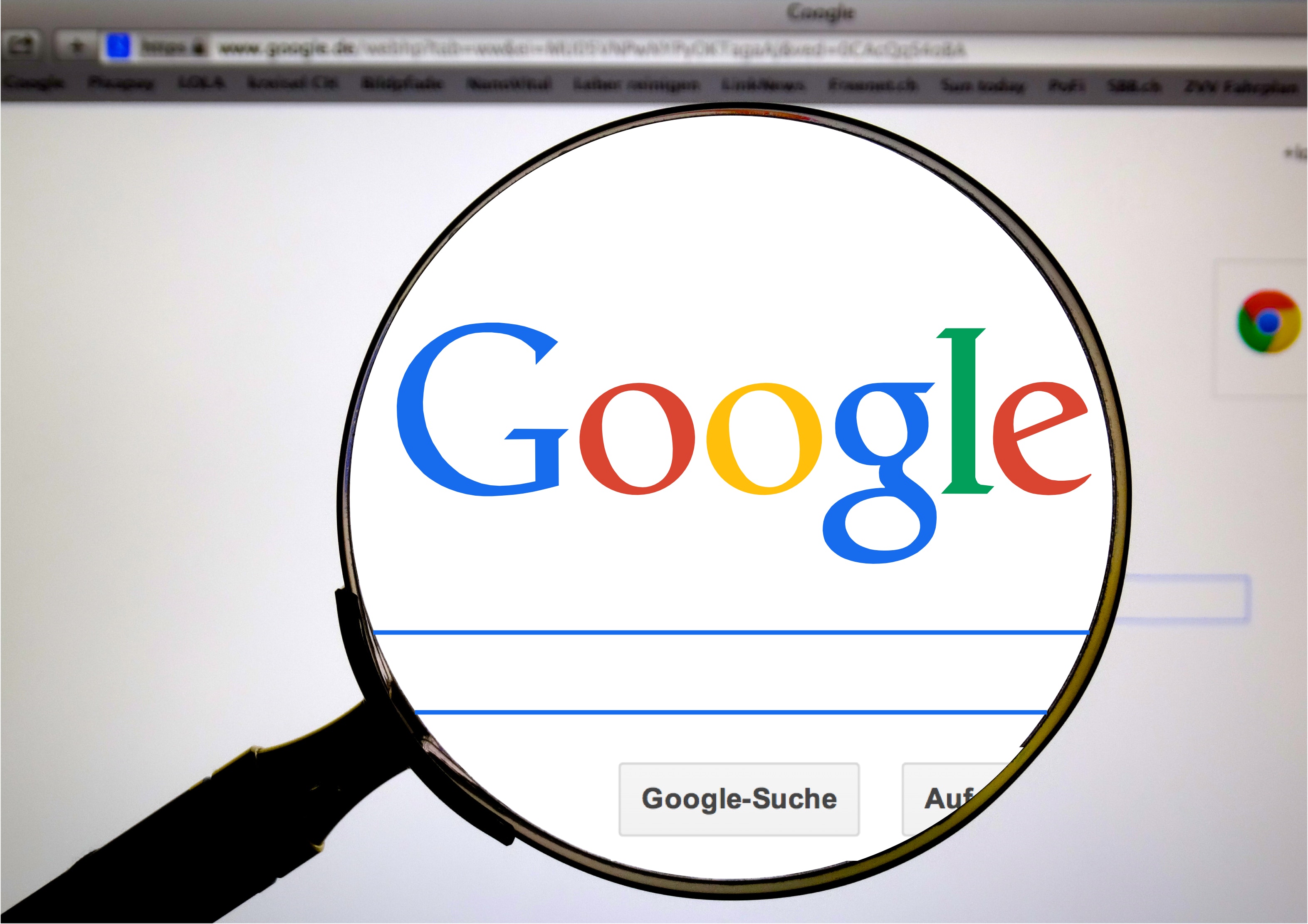Too much of the internet’s power is in the hands of US tech giants, the likes of Google, Facebook and Apple, a think tank has told the Treasury ahead of the chancellor Philip Hammond’s annual statement.
Following the independent review, the chancellor will request fresh action be taken to reduce the sterilisation of the internet and curb any undue influence.
Hammond hopes action will provide users with more choice online that aren’t deciphered by the tech giants, enabling consumer freedom of opinion and expression, according to a report published in The Guardian.
The review was reportedly conducted by Barack Obama’s former chief economic adviser Jason Furman, now a Harvard professor, who touched on online trust of web platforms and services as well as a greater call for diversification of content and more regulation of media giants at the hands of the UK government.

Chancellor Phillip Hammond has called for tougher regulation of US tech giants. Image credit: Flickr
Competition Is Fundamental To The ‘Interests of Consumers’
The review urged the UK government to ensure “competition is vibrant” by “ensuring that there are competitors” and has called on the digital economy to “become more active with an approach that is more forward-looking and more focused on innovation and the overall economic impact of mergers”.
In this instance mergers refer to “the five largest firms [that] have made over 400 acquisitions globally. None have been blocked… or even been scrutinised by competition authorities,” the report warned.
Hammond responded to the findings insisting that “competition is fundamental to ensuring the market works in the interest of consumers” and acknowledged tech giants are “preventing smaller businesses from entering the market”.
Hammond has said he will “carefully examine” the proposals and respond later in 2019 to “ensure” digital markets remain “competitive”.
Internet Regulation: A Multi-Faceted Issue

Regulating the internet has proven problematic, particularly in the porn industry. Image credit: Pxhere
While on the one hand this news appears to suggest the government is democratising the internet, on the other, critics would argue authorities are blocking the gateway to free speech.
The recently announced porn ban will force all consumers to submit personal details to unregulated porn sites in order to gain access to content using age verification software that has been criticised as “onerous” for small businesses.
Age verification software presents privacy issues to customers and is a giant challenge to small and medium-sized porn producers, who are often more ethical.
“The big risk is that the ethical porn makers get kicked out and then the more corporate and commercial and often less advanced in terms of sex workers’ rights and representations just dominate an area that is much more diverse,” obscenity lawyer Myles Jackman told RightsInfo.
Critics say the regulation of porn websites is a microcosm for the broader issue of control and regulation of the internet, for which a balance between heavy-handed and any control whatsoever has yet to be struck.
The Vice writer Oobah Butler turned heads recently for provocatively launching a fake restaurant which ranked at number one on Trip Advisor, which acted as a comment on the disparity between authenticity and trickery online.
Addressing the impossibility of opening a physical restaurant on the high street versus the apparent ease of opening a fake one online, Butler said about TripAdvisor: “It’s just a weird part of the internet, I’m fascinated with the whole thing. Just how you can manipulate it but everyone trusts it.”







